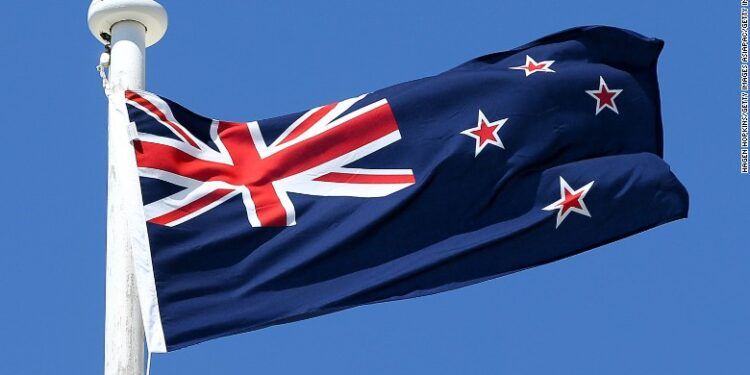New Zealand Hikes Student Visa Fees By 90% For Nigerians, Others

The New Zealand Government has announced a 90 percent increase in student visa fees for Nigerians and citizens from other non-Pacific nations.
The new visa fee will take effect from October 1, 2024, as detailed on the New Zealand immigration website.
Currently, the student visa fee stands at NZD395 (approximately $238).
However, from October, this will rise to NZD750 (about $452) for applicants from countries like Nigeria.
The fee revision is part of a broader adjustment across various visa categories, aligning charges more closely with the actual costs of processing applications.
New Zealand’s visa application process is categorised into three distinct bands. Band A is for New Zealand residents reapplying for visas, Band B covers citizens from Pacific nations, and Band C applies to citizens from other parts of the world, including Nigeria.
For student visas, the fees were previously structured as follows: NZD375 for Band A, NZD315 for Band B, and NZD395 for Band C. With the new adjustments, the fees have been revised across the board, significantly impacting Band C applicants.
The fee hikes extend beyond student visas. Post-study work visas, which previously cost NZD700 ($422) for Band C applicants, will now surge by 139% to NZD1,670 (around $1,006).
Work visas have also seen a notable increase. For instance, the fee for a skilled residence visa under Band C has risen from NZD2,480 ($1,494) to NZD2,880 ($1,735), marking a 16% increase.
Similar adjustments have been made for other visa categories, with the Entrepreneur Work Visa fee seeing a significant rise, although specific figures for the new fee were not detailed.
The New Zealand Government justifies these fee increases as necessary to align visa charges with the actual costs of processing applications.
However, in a bid to support regional neighbours, the government has opted to maintain subsidised visa fees for applicants from Pacific countries.
According to a report by Indian Travel Times, the Immigration Minister, Erica Stanford, emphasised that even with these increases, New Zealand’s visa fees will remain competitive compared to those of Australia and the United Kingdom.
In addition to the fee adjustments, the government has introduced updates to the Accredited Employer Work Visa (AEWV) scheme.
The AEWV fee, while reduced from NZD540 to NZD480, will see its immigration levy increase substantially from NZD210 to NZD1,060.
This visa is central to New Zealand’s efforts to prioritise local workers while allowing employers to hire skilled migrants during genuine labour shortages.
Moreover, new requirements have been introduced for migrant workers under the AEWV scheme.
These include an English language requirement for migrants applying for low-skilled roles under the Australian and New Zealand Standard Classification of Occupations (ANZSCO) levels 4 and 5.
Employers will also now need to engage with Work and Income, New Zealand’s welfare agency, before receiving approval to hire migrants for these roles.
Additionally, the maximum continuous stay for most positions at these levels will be reduced from five years to three years.





